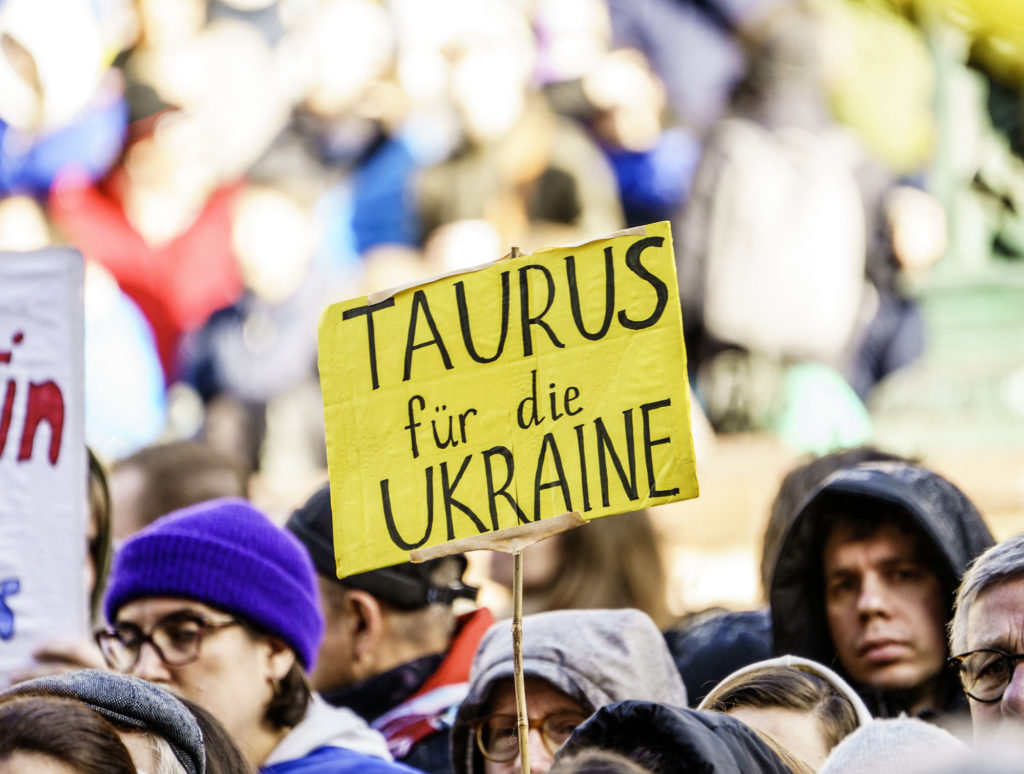German long-range Taurus missiles for Ukraine “within realm of possibility,” Chancellor says. But hesitation continues.

German Chancellor Friedrich Merz indicated that Germany could supply Ukraine with long-range Taurus cruise missiles, marking a potential shift from his predecessor’s stance on the weapons system.
Speaking to ZDF television following talks with Ukrainian President Volodymyr Zelenskyy, Merz described the missile transfer as being “within the realm of possibility” when directly questioned about potential deliveries.
However, the chancellor outlined practical constraints that could delay any such transfer. According to Merz, the Taurus system requires several months of training for Ukrainian forces before deployment. He argued that weapons deliveries taking six months to a year “would not be useful for Ukraine today,” emphasizing the need for immediate military support.
Merz noted that Germany coordinates its weapons deliveries with European partners, several of whom have already provided Ukraine with long-range cruise missiles, including the United States, the United Kingdom, and France. The chancellor’s remarks suggest Germany may be moving toward alignment with allies who have already crossed the threshold on advanced weapons transfers.
After Merz became the Chancellor, Germany also lifted previous restrictions on the range of weapons it supplies to Ukraine, allowing Kyiv to strike military targets deep inside Russia alongside allies.
Additionally, Germany announced a new military aid package worth 5 billion euros for Ukraine that includes an agreement between Berlin and Kyiv for financing Ukrainian-produced long-range weapons systems, air defense, and other military support.
A poll conducted in November 2024 for Germany’s ARD TV channel showed that 61% of Germans oppose supplying Ukraine with Taurus cruise missiles, while nearly a third support the idea. Regional differences are significant, with opposition strongest in eastern Germany (76%) compared to the west (56%), where support is also higher (34% vs. 19%).
Merz has also repeatedly called on President Vladimir Putin to end the war in Ukraine and emphasized that the next move is up to Russia.
“It is in their hands, only in their hands, to end the war immediately,” he said. “What more can we do? Only Russia can end this war—by stopping the fighting,” he added.
